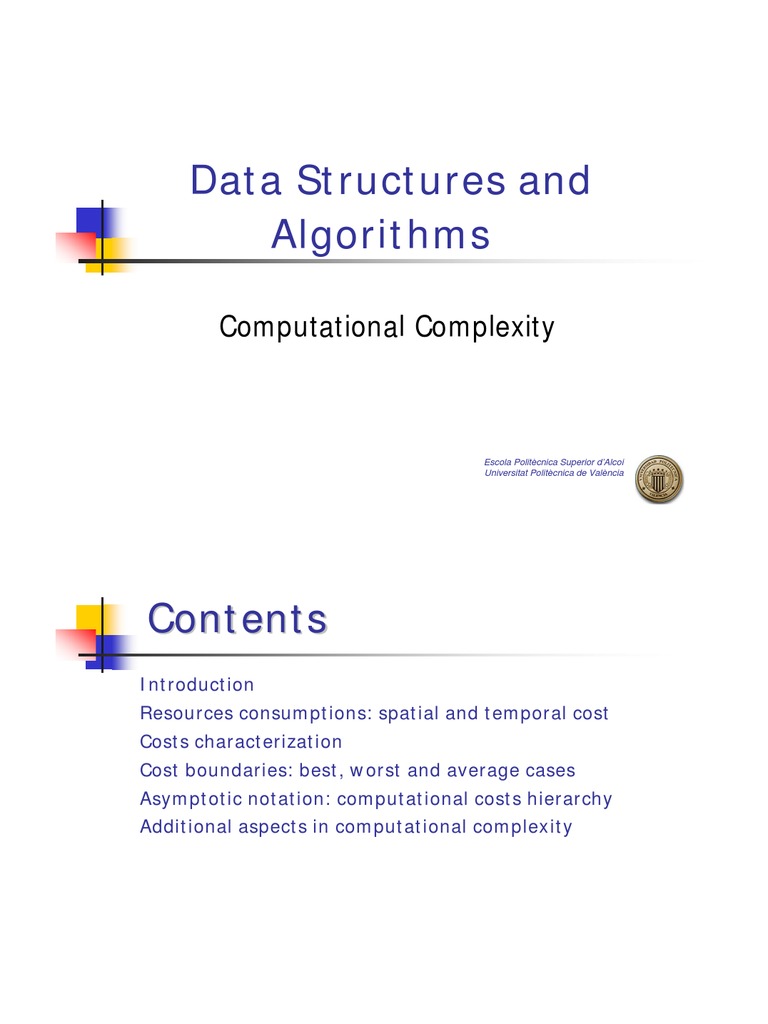In the vast landscape of computer science, the realm of computational complexity often stands as both a bastion of enlightenment and a target of skepticism. At first glance, one might wonder: is the relentless pursuit of understanding the intricacies of algorithms and their efficiencies truly worth the intellectual investment? To navigate this question effectively, one could employ an apt metaphor: consider computational complexity akin to the exploration of the ocean’s depths. Just as the ocean hides myriad treasures and untold wonders beneath its surface, so too does computational complexity conceal foundational knowledge that can profoundly impact our technological frontiers.
To dissect the value of research in computational complexity, we must first clarify what this domain entails. At its essence, computational complexity theory investigates the inherent difficulty of computational problems as it relates to the resources required to solve them. These resources might include time, memory, or other computational capabilities. In this light, the subject transcends mere algorithmic performance; it seeks a rigorous understanding of what can be computed and the efficient means by which computation can be delineated.
Initially, one could argue that such theoretical inquiries seem detached from practical applications. Indeed, the common critique posits that the esoteric nature of computational complexity resembles a philosophical exercise, more a pursuit of academic abstraction than a pathway to solving tangible problems. However, this perspective underestimates the profound implications research in this field has on real-world technology.
For instance, consider an analogy from the field of medicine; the pursuit of understanding viruses through theoretical biology has resulted in groundbreaking vaccines. Similarly, advancements in complexity theory have engendered significant improvements in computational capacities across various domains. By establishing the limits of what can and cannot be efficiently computed, researchers delineate the boundary between achievable and unattainable solutions. The consequences ripple across fields such as cryptography, where understanding the difficulty of factorization is paramount to maintaining secure communications in an increasingly interconnected world.
Moreover, computational complexity aids in the refinement of algorithms. Through the exploration of complexity classes—such as P, NP, and NP-complete researchers not only categorize problems based on their computational demands but also spark innovations in algorithm design. For instance, the realization that certain problems lack efficient solving techniques has led to the development of heuristic approaches, randomized algorithms, and approximations that offer practical solutions in lesser timeframes. This synergy between theoretical research and algorithmic advancement reinforces that the seemingly abstract inquiries of computational complexity are not merely academic musings but are, in fact, a bedrock for technological evolution.
If we delve deeper, the theoretical explorations of computational complexity present a mirror of our understanding of intelligence itself. The dichotomy between P and NP problems invites philosophical inquiry into the nature of intelligence. Can a problem be solved as efficiently as it can be verified? This question echoes within the corridors of AI research, where understanding computational limits plays a crucial role in developing intelligent systems. Here, complexity research transcends its theoretical confines to cast light on the very essence of problem-solving, cognition, and creative reasoning.
Critics often raise the concern that the obsessive focus on problems categorized as NP-complete, while intellectually stimulating, diverts attention from more urgent computational challenges that demand our immediate innovation. However, such skepticism fails to appreciate the interdependence of theory and application. Insights gleaned from complexity research invoke novel applications, driving technological progress in fields ranging from network security to data analytics. Theoretical frameworks serve as a guiding star that illuminates the path for applied research, blending abstract principles with concrete advancements.
Furthermore, the complexity theory’s application extends into socio-economic domains, influencing how systems of information and decision-making evolve. The algorithms based on complexity principles become structural elements in areas such as resource allocation, traffic management in smart cities, and even financial modeling. Thus, the ramifications of computational complexity theory reverberate beyond academic circles, permeating various aspects of modern life.
In considering whether computational complexity research constitutes a waste of time, it is pivotal to recognize the dual nature of exploration in any scholarly domain. While some research may yield immediate tangible results, other inquiries might pave the way for future breakthroughs undiscovered as yet. The value of research should not be solely judged by its immediacy but rather by its potential to reshape the landscape of understanding. Each question posed within computational complexity forms the tapestry upon which the future of computation is woven. Every theorem proved and every complexity class defined sharpens our insights, collectively enhancing our ability to navigate the complex world of algorithms that govern contemporary technology.
In conclusion, framing the discourse around computational complexity research as a dubious venture misses the greater narrative of its evolution. Much like the ocean depths, the field obscures some of its most valuable treasures beneath the waves of abstraction. The pursuit of understanding complexity is not a trivial endeavor—it is a profound journey towards not only comprehending computational boundaries but also shaping the architecture of future technologies. Hence, rather than dismissing it as a waste of time, one might embrace it as an indispensable chapter in the story of human innovation, replete with the promise of discovery and a deeper understanding of our computational universe.












